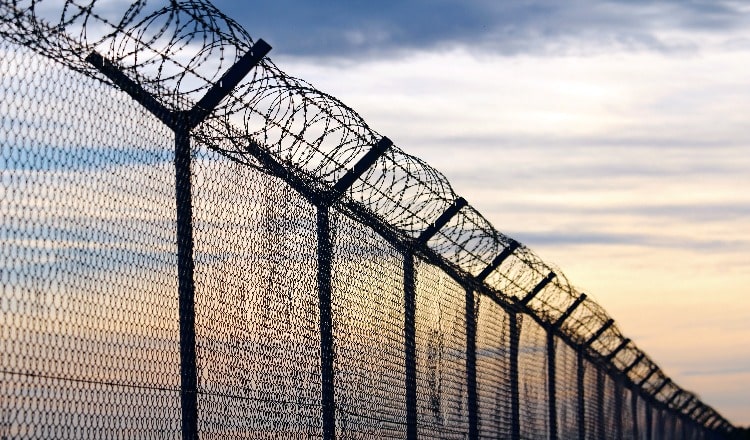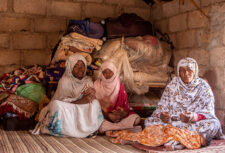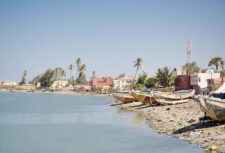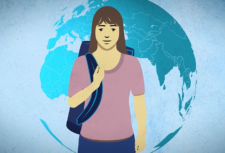21 April 2022
Jamie Fookes, Anti-Trafficking Monitoring Group Coordinator, discusses the risks of human trafficking given the UK Government’s recent announcement that it would be sending asylum seekers to Rwanda.

At the end of last week, the Home Office announced its reckless and cruel plan to send asylum seekers to have their claims processed in camps in Rwanda. We stand united with human rights organisations across the UK and the world by condemning this policy and demanding the government to reconsider. Refugees should be welcome in the UK and given the support and care they are entitled to.
Not only does this set a dangerous precedent that refugees are not welcome, but the human rights of Rwanda have been consistently criticised, with the Central Africa director at Human Rights Watch stating that arbitrary detention, ill-treatment, and torture in official and unofficial detention facilities is commonplace. In its own Universal Periodic Review, the Foreign and Commonwealth Development Office specifically highlighted its disappointment in Rwanda’s unwillingness to improve its human trafficking prevention system.
In the memorandum of understanding between the UK and Rwanda, the government states victims of trafficking will be among those sent, with no assurances of how they intend to identify or support these victims. Quite simply, by pushing vulnerable individuals into asylum camps in a country with a weaker human trafficking prevention system, the government is putting asylum seekers at an increased of being exploited. This is a deeply inhumane lack of foresight.
The UK Government has repeatedly stated that this policy is necessary to stop small boat crossings in the channel, and that only single men will be sent. However, there are three facts missing from the government’s arguments:
- Single asylum-seeking men still have human rights, still deserve protection and can still be the victims of torture, trafficking, and trauma
- The increase in small boats crossing has in part been fed by the government’s refusal to provide safe and legal routes, this will do nothing to dismantle smugglers’ business model
- Refugees will go missing. People will be lost to traffickers, slavery, exploitation and smugglers by offshoring. Simply by announcing the policy, they will have created a desperation which can be exploited by smugglers and traffickers
Those seeking asylum in the UK need protection, support, and care. Being sent thousands of miles away to a country whose human rights record has been questioned by the UK itself is not the answer.
The UK risks entering incredibly dark territory if this plan goes ahead. If the government starts sending asylum seekers to Rwanda, despite their legitimate claim and need to seek safety in the UK, it will be moving people against their will to a country in which the trafficking of men for labour and sexual exploitation is a known and recorded risk. This means placing them in environments where the risk of exploitation is high.
Rather than dismantling smuggling routes and trafficking business models, the UK will be propping them up. Rather than clamping down on human traffickers the UK risks developing a large-scale state sponsored trafficking route.
This policy is cruel, risky, and could prove to be illegal. As the UN refugee agency stated, offshoring asylum claims are “eye-wateringly expensive, often violate(s) international law, lead(s) to the use of widespread detention and… to more smuggling, not less”.
It must be opposed in the strongest possible terms, and the UK Government must reverse this announcement. If not, the government is abandoning any concern for human rights, and will be risking the wellbeing and security of thousands of innocent lives.





